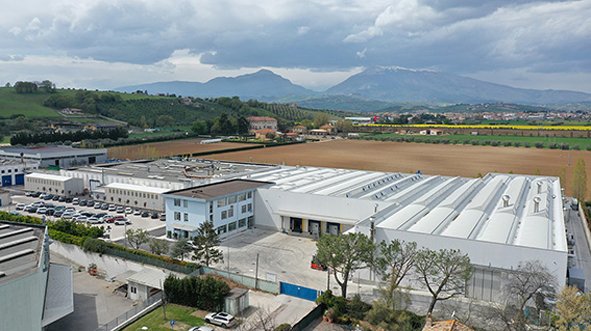Introduction
Bangladesh’s textile and garment sector is a cornerstone of its economy, contributing significantly to employment and export earnings. However, it also faces scrutiny for its environmental impact, particularly in chemical usage and wastewater management. One key solution gaining momentum is the Zero Discharge of Hazardous Chemicals (ZDHC) initiative — a global program aiming to eliminate hazardous substances from textile production. For Bangladesh, ZDHC implementation is not just about compliance; it’s a step toward sustainability, competitiveness, and global acceptance.
What is ZDHC?
ZDHC stands for Zero Discharge of Hazardous Chemicals, an international initiative launched by leading fashion brands and retailers. It provides clear guidelines and tools — such as the ZDHC Manufacturing Restricted Substances List (MRSL) and Wastewater Guidelines — to ensure that hazardous chemicals are neither used in production nor released into the environment.
Why ZDHC Matters for Bangladesh
With growing global demand for sustainable and ethically produced garments, Bangladesh’s textile manufacturers must align with international environmental standards. Here’s why ZDHC implementation is crucial:
-
Access to International Markets: Brands like H&M, Nike, and Adidas prefer suppliers following ZDHC guidelines.
-
Environmental Responsibility: Prevents chemical contamination in water bodies, preserving biodiversity and public health.
-
Cost Efficiency: Reducing hazardous chemical use lowers water treatment costs and enhances process efficiency.
-
Reputation and Trust: Adopting ZDHC builds a brand image of environmental and social responsibility.
Challenges in ZDHC Adoption
Despite its benefits, adopting ZDHC in Bangladesh’s textile sector faces a few barriers:
-
Lack of Awareness: Many factories are unaware of the specific requirements or long-term benefits.
-
Initial Investment: Upgrading equipment and processes to meet ZDHC standards can be expensive.
-
Limited Technical Expertise: Shortage of trained personnel to oversee chemical management and compliance.
How Reed Consulting Supports ZDHC Implementation
Reed Consulting Bangladesh Ltd. plays a vital role in guiding manufacturers through the ZDHC journey:
-
Training & Capacity Building: Conducts workshops and technical training for staff on chemical safety and MRSL compliance.
-
Process Audits: Assesses existing production methods and identifies areas needing improvement.
-
Wastewater Testing: Offers analytical services to evaluate effluent quality as per ZDHC Wastewater Guidelines.
-
Sustainable Chemical Management: Helps implement inventory tracking, safer substitutions, and risk assessments.
Success Stories
Several clients of Reed Consulting have already transitioned to safer chemical alternatives and significantly reduced their environmental footprint. These success stories show that with proper guidance, ZDHC compliance is achievable and impactful.
Conclusion
Adopting ZDHC is no longer optional — it’s the future of textile manufacturing. For Bangladesh, this presents an opportunity to strengthen its position as a global textile leader while embracing sustainability. Through partnerships with experts like Reed Consulting, manufacturers can turn compliance into a competitive edge.




